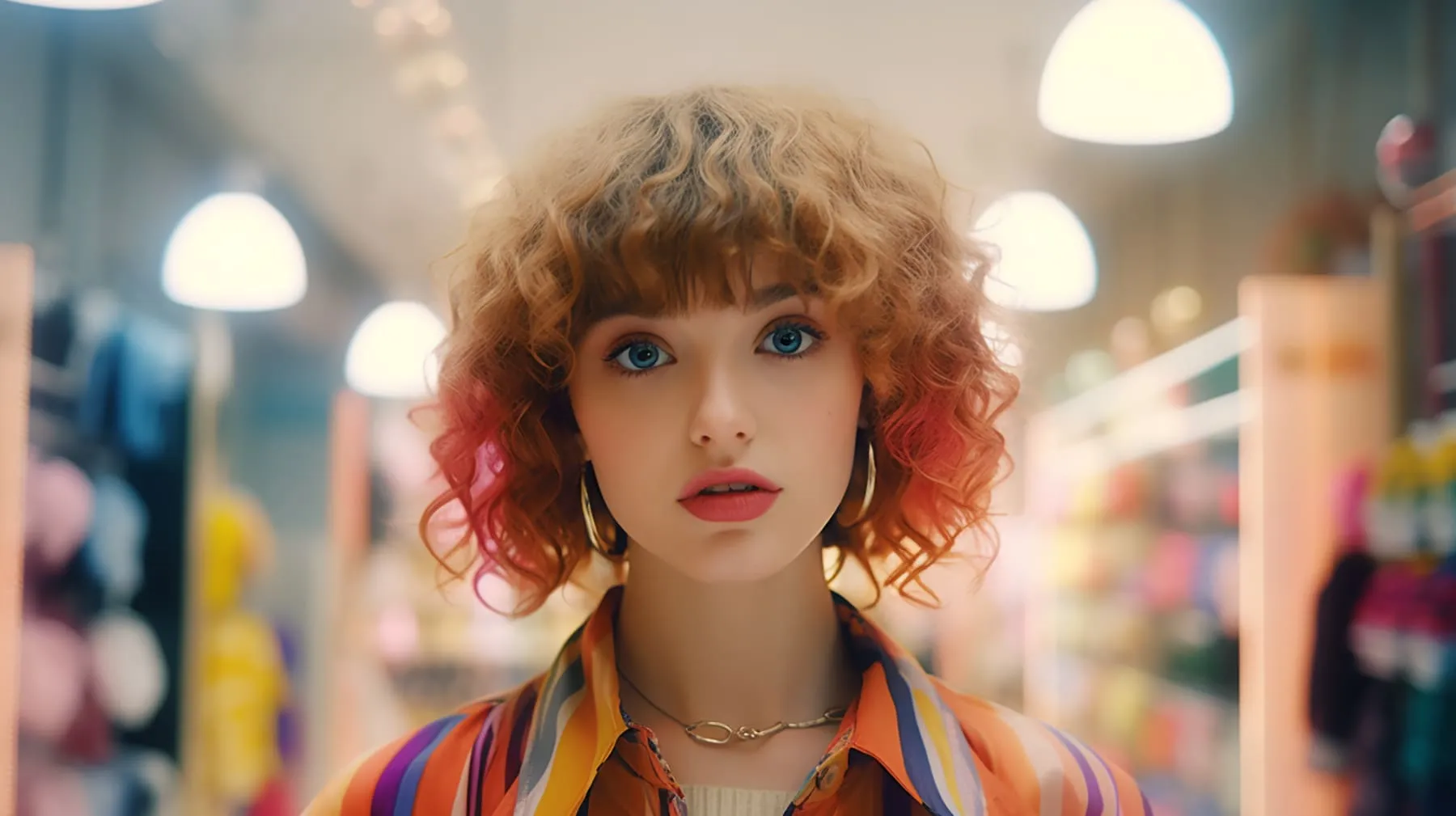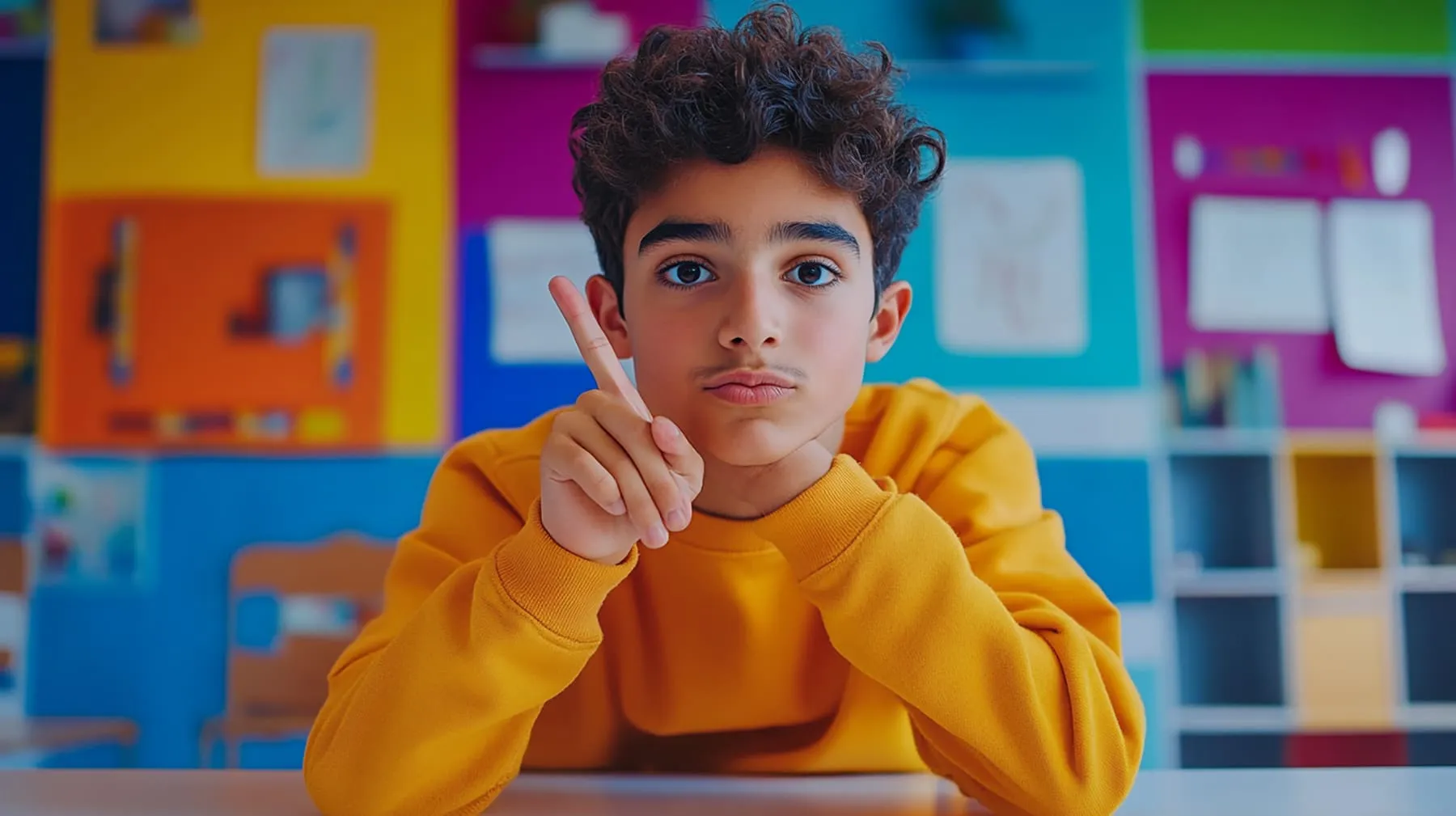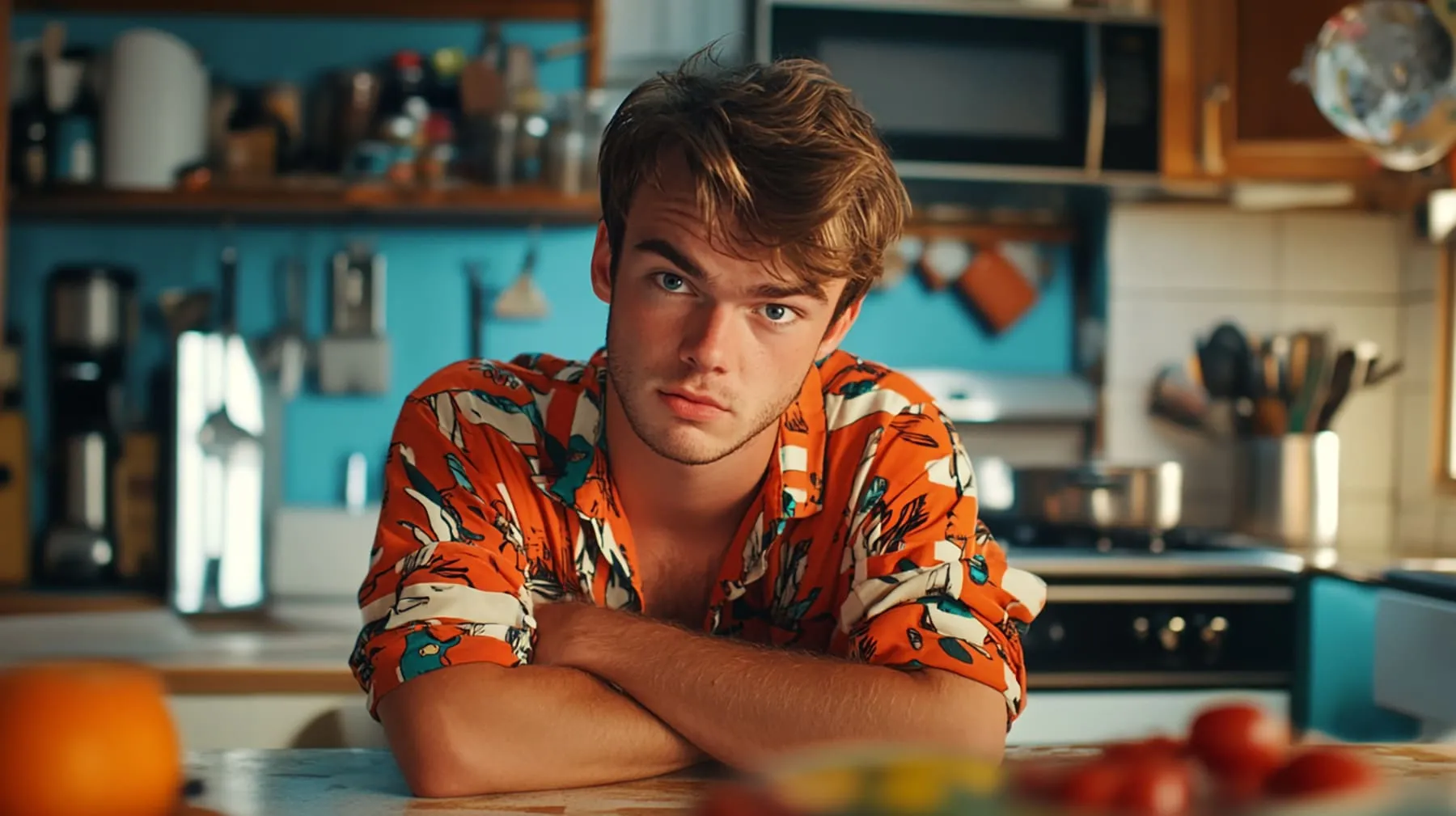How Gen Z is reshaping the future of Luxury

A new era of luxury: From legacy to lifestyle
For generations, luxury meant lineage. An Hermès scarf passed down, a Dior clutch carried through seasons of wealth and restraint. Luxury was a secret language spoken in hushed tones between the few who could afford it.
Today, that code is being rewritten—often in 15-second TikToks. Generation Z, born between 1997 and 2012, is reshaping the very essence of luxury. For them, it’s not about polished boutiques or discreet opulence. It’s about digital visibility, social relevance, emotional authenticity, and ethical coherence. In their hands, luxury becomes less about possession and more about participation. And brands? They’re scrambling to keep up.
Luxury is dead. Long live curated identity.
Gen Z doesn’t buy luxury to signal wealth. They buy it to build a self. According to a 2024 BCG report, more than 70% of Gen Z say they choose brands that reflect their values and identity. And 68% of them use luxury products not to “flex” but to express aesthetic alignment with their chosen community—be it streetwear, sustainability, or soft-core maximalism.
A Balenciaga sneaker isn’t just footwear—it’s a meme. A Louis Vuitton collaboration isn’t just fashion—it’s lore. These aren’t products; they’re identity markers, tokens in a status game where cultural fluency matters more than financial access.
Digital immersion: Where exclusivity meets visibility
In the traditional model, luxury was about being seen by the right people in the right rooms. For Gen Z, luxury happens online first. It’s less about walking into a flagship store than being seen unboxing on TikTok, tagging a limited drop on Instagram, or gaining early access to a virtual pre-sale.
Digital exclusivity is the new velvet rope:
- 67% of Gen Z prefers buying from micro-influencers with fewer than 100k followers over celebrities (Deloitte, 2024).
- Gucci’s Roblox bag selling for more than its physical version ($4,115 vs. $3,400) wasn’t an anomaly but a preview.
- Dolce & Gabbana’s NFT drop generated over $5.7M, primarily from Gen Z digital collectors.
Luxury’s gatekeepers haven’t disappeared. They’ve been replaced by algorithms, waitlists, Discord servers, and invite-only live drops.
The rise of conscious hedonism
This generation is more than style-savvy—they’re ethically demanding. Luxury, to them, is only meaningful if it aligns with personal values.
- 58% of Gen Z in Europe say they are more likely to purchase luxury if the brand has a strong environmental commitment (McKinsey, 2023).
- The secondhand luxury market, led by platforms like Vestiaire Collective and The RealReal, grew 65% faster than first-hand luxury between 2020 and 2023.
Gen Z wants brands to be accountable—not perfect, but transparent. Sustainability isn’t a bonus; it’s a baseline.
And here lies a paradox: Gen Z loves Chanel’s emotional aura but wants it recycled, certified, and resold. Luxury is being redefined not by what’s new but by what’s sustainable, traceable, and story-rich.
A new era of exclusivity: scarcity and community access
Exclusivity in luxury is no longer about restricted boutique access but rather about gaining entry to limited-edition experiences and hyper-exclusive drops.
New forms of luxury exclusivity:
- Limited drops and brand collaborations: Jacquemus x Nike, Supreme x Louis Vuitton, Dior x Travis Scott.
- NFT and metaverse launches: Dolce & Gabbana sold an NFT for $5.7 million.
- VIP event access: Gucci Vault offers vintage pieces exclusively to a select digital community.
Luxury is shifting from an elitist club to an insider’s game—where those who know where to look and when to act gain access to the rarest opportunities.
Social currency: Buying for the algorithm
Validation no longer comes from owning what others can’t. It comes from sharing what others want to see.
The psychology of Gen Z luxury consumption revolves around “aesthetic capital.”
- 75% of Gen Z consumers in France and Italy say “brand image on social media” strongly influences purchase decisions (BCG, 2023).
- TikTok tags like #dupe and #luxuryaesthetic have over 5 billion views, reflecting a playful, remix-driven attitude toward prestige.
In this light, luxury becomes performative—a lifestyle curated not for the mirror but for the algorithm. Brands that embrace this are thriving. Those who resist it risk irrelevance.
Luxury experiences: From transaction to transformation
Gen Z doesn’t want to buy things. They want to be transformed by them.
- Louis Vuitton’s art hubs and Nike’s House of Innovation are not stores—they’re immersive environments where visitors can interact, create, and co-own the brand’s vision.
- Gucci Circolo blurs retail with community gatherings, design labs, and cultural clubs.
- Live shopping events on Instagram and TikTok, which combine commerce, commentary, and community, replace traditional product launches.
To win with Gen Z, luxury must inspire, surprise, and invite collaboration. Shopping is no longer transactional—it’s theatrical.
From elitism to inclusivism
Gen Z doesn’t want to belong to the 1%. They want to belong to something.
Old luxury was about exclusion. Gen Z luxury is about access—if you know where to look. Private Discord drops, co-creation campaigns, or secret pop-ups are designed not to keep people out but to reward those in the know. And yes, this generation still craves uniqueness. But instead of price tags, they look for collaborations (Jacquemus x Nike), creative hacks, or DIY culture. They don’t want a brand to define them—they want to help define the brand.
Rethinking brand loyalty: It’s light but intense.
Gen Z is often described as brand promiscuous. But in truth, they engage intensely, just differently. They may not “love” a brand forever, but they’ll champion it fiercely while it aligns with their values and vibe. Brands like Prada, Fendi, and Telfar succeed not by demanding loyalty but by earning moments of relevance. Loyalty is now measured in stories shared, memes created, or behind-the-scenes content consumed—not in decades of repeat purchases.
A generational mirror
Luxury isn’t dying. It’s mutating. And Generation Z isn’t rejecting prestige—they’re reprogramming it. From sustainability to storytelling, scarcity to access, and products to presence, this generation asks: What does it mean to matter?
The message for marketers, creatives, and luxury brands is clear: You’re not luxury if your brand doesn’t invite co-creation, cultural play, and real values. You’re legacy.
Frequently asked questions (FAQ)
Ready to connect your Brand with the newest generation?
Gen Z is transforming what retail means—from digital exclusives to purpose-driven storytelling. We help brands evolve their positioning, retail experiences, and communication strategies to resonate with the next wave of (luxury) consumers.
Book an inspiration session or brand strategy workshop to align your vision with Gen Z’s expectations—before they move on.
You may also like these articles
Explore our collection of articles decoding youth culture, Gen Z, and Gen Alpha.







